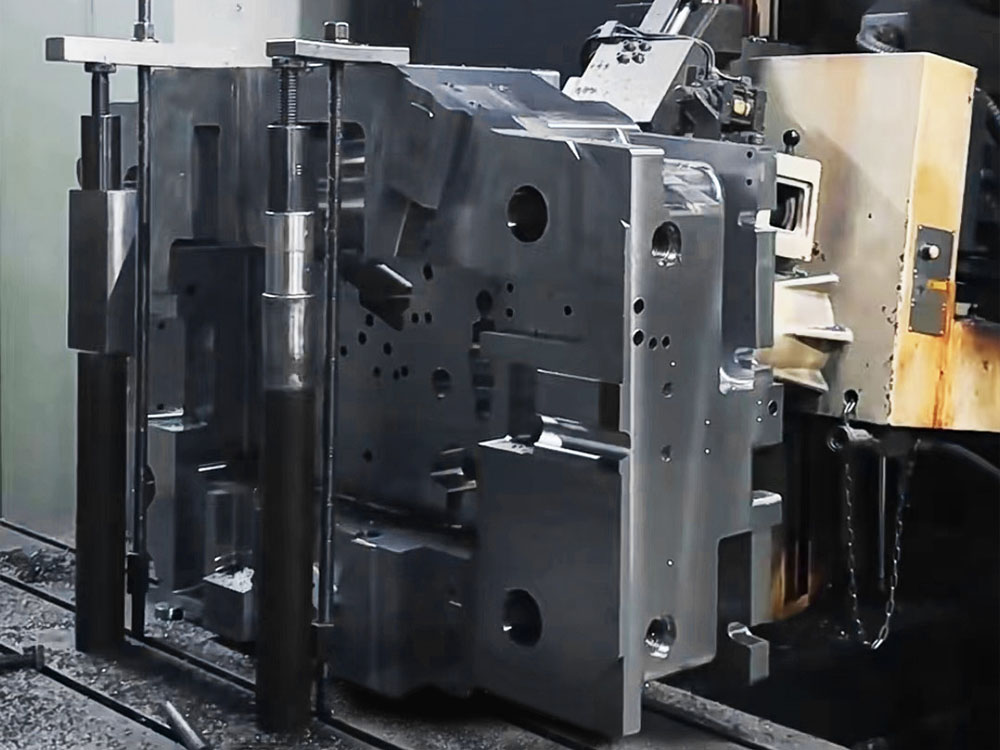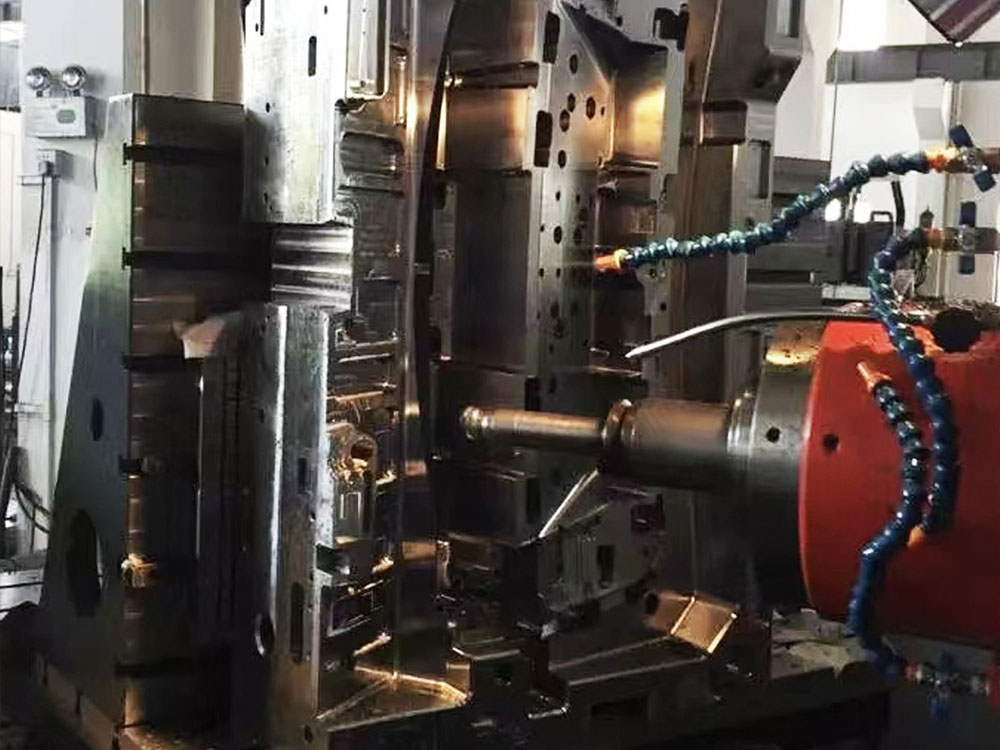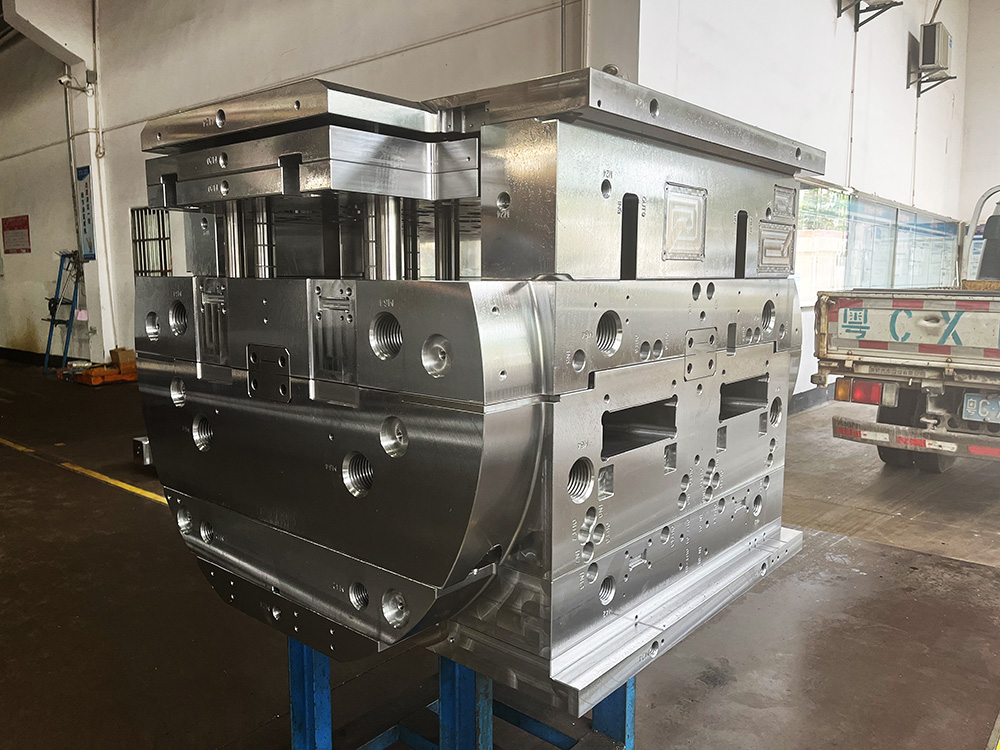The Average Salary of Welders in the Mold Base Industry
Welding is a crucial process in the mold base industry, ensuring the structural integrity and durability of molds used in various manufacturing operations. The profession requires a high level of expertise and skill, and welders in this industry are well-compensated for their contributions. In this article, we will explore the average salary of welders in prefabrication plants in the mold base industry.
Introduction to Mold Base Industry
The mold base industry plays a critical role in the manufacturing sector, providing the foundation for precise and accurate production of various components. Mold bases are used to support the mold cavities and cores, enabling the creation of complex shapes and designs. These molds are used in diverse industries, including automotive, aerospace, consumer goods, and more.
Welding is an integral part of the mold base industry, as it is used to join the various components of the mold base together. Welders in this industry must possess expertise in different welding techniques, such as TIG (Tungsten Inert Gas), MIG (Metal Inert Gas), and electrode welding. They must also be skilled in reading technical drawings, selecting appropriate materials, and ensuring the highest quality welds.
Factors Affecting Welders' Salaries in Mold Base Industry
Several factors influence the average salary of welders in prefabrication plants in the mold base industry. These factors include experience, educational qualifications, certifications, geographic location, and the complexity of the welding tasks involved.
Experience: Welders with more years of experience typically command higher salaries. As they accumulate practical knowledge and develop their skills over time, their value in the industry increases. Experienced welders are often sought after for their ability to tackle complex welding tasks and provide solutions to technical challenges efficiently.
Educational Qualifications: Although hands-on experience is essential in welding, educational qualifications also play a role in determining salary levels. Welders with specialized degrees or vocational training in welding may receive higher compensation due to their advanced knowledge and skills.
Certifications: Welding certifications, such as those provided by the American Welding Society (AWS), demonstrate a welder's proficiency in specific techniques and procedures. These certifications validate a welder's skills and can lead to higher wages, as they indicate a higher level of expertise.
Geographic Location: Salary levels can vary depending on the location of the prefabrication plant. Welders working in areas with a high cost of living or high demand for skilled labor may receive higher wages compared to those working in regions with a lower cost of living or fewer job opportunities.
Complexity of Welding Tasks: Welders working on highly intricate, complex welding projects may earn higher salaries due to the level of skill and precision required. Such projects often involve working with advanced materials, tight tolerances, and strict quality standards.
Average Salary Range of Welders in Prefabrication Plants
Due to the importance of welding in the mold base industry, welders can expect competitive salaries. The average salary range for welders in prefabrication plants in the mold base industry is between $45,000 and $65,000 per year. However, it is important to note that this range can be influenced by the aforementioned factors.
Welders with several years of experience, relevant certifications, and advanced educational qualifications may earn salaries at the higher end of the spectrum. Conversely, entry-level welders or those with limited experience and qualifications may start at salaries closer to the lower end of the range.
Additionally, welders who are willing to work in areas with higher demand or relocate to regions with higher salaries may have the opportunity to earn above the average salary range. On the other hand, welders working in areas with lower demand or lower cost of living may earn salaries closer to the lower end.
Conclusion
Welding is a vital profession in the mold base industry, ensuring the strength and quality of molds used in various manufacturing processes. Welders in prefabrication plants within this industry can expect competitive salaries, influenced by factors such as experience, educational qualifications, certifications, geographic location, and the complexity of welding tasks. As with any profession, welding offers opportunities for advancement and higher salaries as welders gain expertise and build their careers in the mold base industry.




